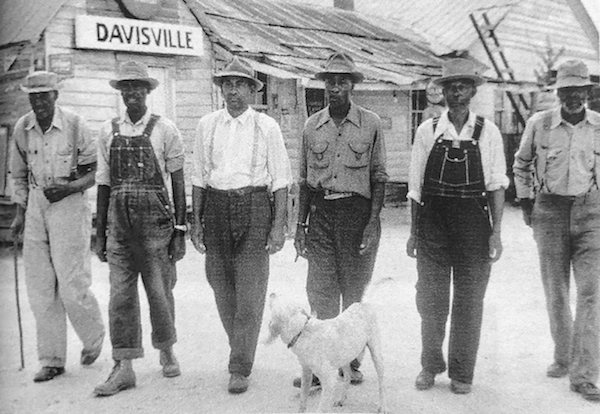Race & Health Series: Could Tuskegee Happen Today?
Where: The New York Academy of Medicine
1216 Fifth Ave.
212-822-7200
Price: Free
Buy tickets/get more info now
See other events in these categories:

The “Tuskegee Study of Untreated Syphilis” was an unethical medical research study conducted by the U.S. Public Health Service on hundreds of African-American men from 1932-1972. Approximately 400 study participants who had syphilis were told they were being treated for “bad blood” and never received the proper treatment for their illness, even after penicillin was widely adopted as a treatment for syphilis in the 1940s. The study failed to inform and protect these men, and has since influenced significant changes in U.S. laws and regulations relating to clinical research. This event will share first-person accounts from survivors of the Tuskegee Syphilis Study, combined with expert perspectives and audience discussion, to address the history and legacy of the study and why it remains relevant today.
Moderator:
Aletha Maybank, MD, MPH
Deputy Commissioner and Director of the Center for Health Equity, NYC Department of Health and Mental Hygiene
Speakers:
Monique A. Guishard, PhD
Chair of the Bronx Community Research Review Board
Associate Professor of Psychology at Bronx Community College
Susan M. Reverby, PhD
Author of “Examining Tuskegee: The Infamous Syphilis Study and its Legacy”
Marion Butler McLean Professor Emerita in the History of Ideas and Professor Emerita of Women’s and Gender Studies at Wellesley College

